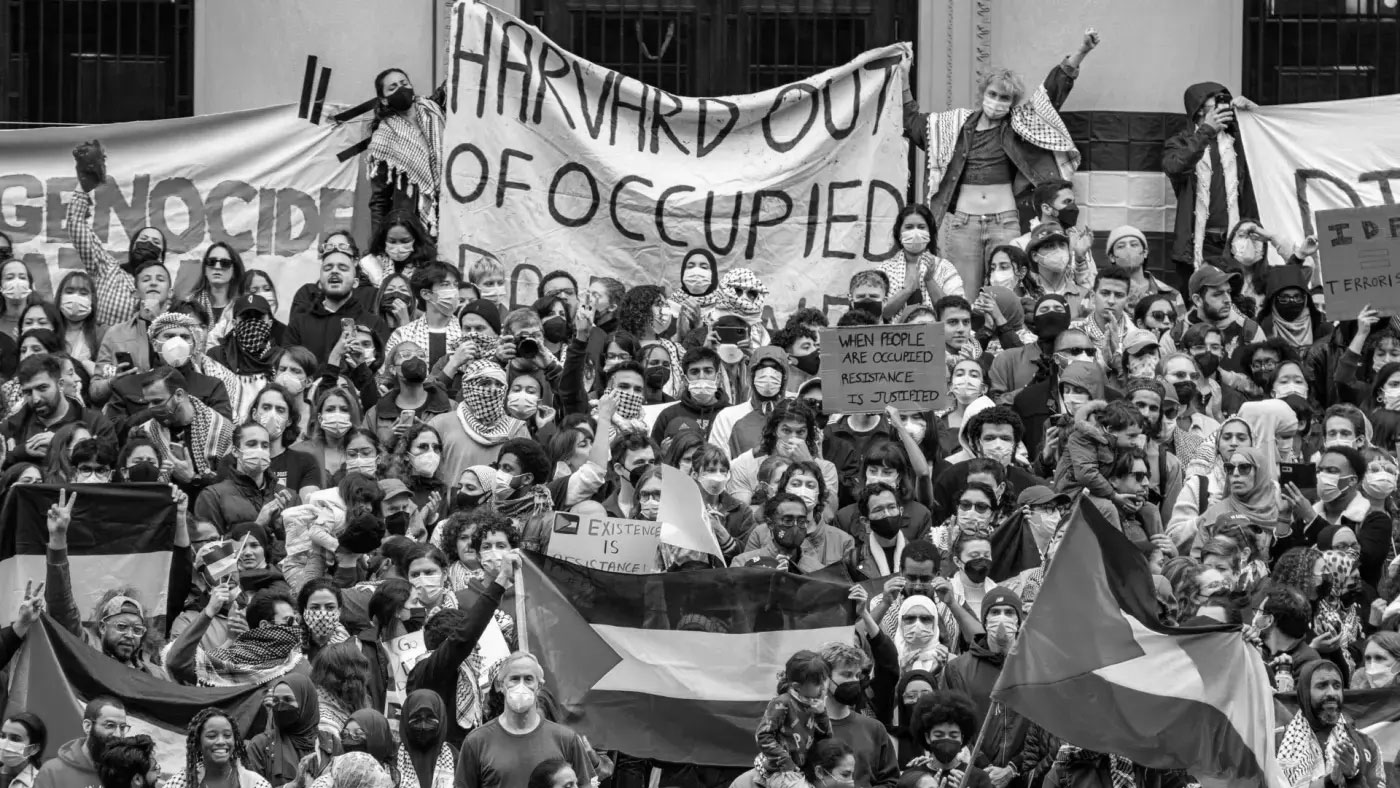
Anti-Palestinian Racism Survey Additional Findings
Study Reveals Widespread Anti-Palestinian Racism in Schools and Other Academic Institutions
San Francisco, CA, November 19th, 2024 – A study by the Institute for the Understanding of Anti-Palestinian Racism (IUAPR) has uncovered alarming rates of discrimination against students and educators who support Palestinian human rights including silencing, harassment, physical threat or harm or defamation, leading to over 75% experiencing considerable emotional and/or physical health effects.
The study, conducted from March to April 2024, included 257 students and educators from over 1,200 respondents nationwide. The majority of respondents identified as White, Black, Latine or Asian. In addition, the majority of respondents identified Christian, Jewish, Buddhist, Hindu, or no religion, indicating that this form of racism affects individuals regardless of their ethnicity or religious background.
Nationwide (Back-to-School) Emotional Health Impacts:
Dr. Rashid Khalidi, Edward Said Professor Emeritus at Columbia University, said “The findings from IUAPR’s first groundbreaking study found that 74% of students, faculty and staff supporting Palestinian rights have experienced harassment, silencing or exclusion. It’s astonishing that over 65% have experienced this distinct form of racism from their own peers and mentors. Academic freedom and wellbeing should be available to all citizens, regardless of their religion or ethnicity.”
Key findings also revealed that a majority of students and educators experience physical threat or harm, or defamation while advocating for Gaza and/or supporting Palestinian human rights. In addition, 66% of students and 69% of educators reported facing this from teachers, faculty, and administrators. Alarmingly, 75% of students and 79% of educators reported negative emotional and/or physical health impacts such as insomnia, loss of appetite, isolation, fear and hypervigilance.
The Tip of the Iceberg:
As academic institutions face potential federal inquiries into their handling of on-campus protests, this new research highlights an urgent need for schools and other academic institutions to dismantle the systemic structures that perpetuate anti-Palestinian racism, hold those perpetrating it accountable and provide support services for the students and educators who have been harmed by it.
Dr. Ellen McMahon, Co-founder and Chair of the Research Committee at IUAPR, stated, “Our goal is to shine a light on this under-recognized form of racism and its devastating consequences. We want to help put a stop to the suffering of students and educators who have experienced anti-Palestinian racism and to create solutions to help transform the systems that support this form of racism.”
A Solution and an Environment that Faculty and Students Deserve
Policy makers and education leaders need to work together to create solutions to end the staggeringly increasing prevalence and impact of this under-recognized and virulent form of racism surrounding our students and educators. IUAPR works with academic institutions to help understand anti-Palestinian racism and the profound effect it has on the emotional and physical health of their own students and educators (including administrators). IUAPR creates solutions to address anti-Palestinian racism within institutions and within society. Academic environments can be a beacon of light for open communication, intellectual debate and educated solutions, to help address all forms of discrimination, but they must learn to recognize and stand up to anti-Palestinian racism, incorporating this into other anti-racist initiatives.
About the Institute for the Understanding of Anti-Palestinian Racism: The Institute for the Understanding of Anti-Palestinian Racism is a non-profit 501c3 organization dedicated to promoting equality and inclusivity through research, education, and advocacy on anti-Palestinian racism in all sectors of society.
To learn more, visit https://antipalestinianracism.org/ Media Contact: [email protected] Study Contact: [email protected]
For further questions please join us for a 30 minute press Q&A session on Thursday, 11/21/2024, at 10am PST.
